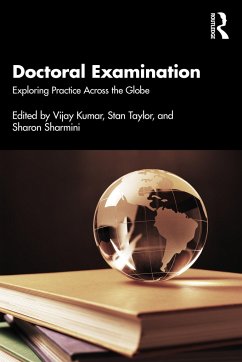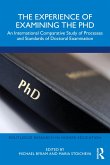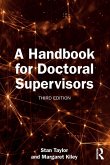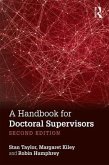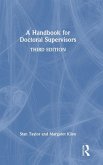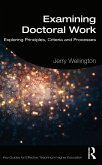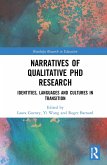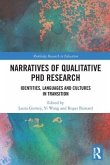This book considers how the main doctoral awarding countries from across the globe examine doctoral degrees. It compares and contrasts their approaches, comments on their robustness, and identifies examples of good practice.
The doctorate is the highest award made by universities, but the examination process involved varies considerably in form and structure across the globe. This book studies the similarities and differences systematically on a cross-national basis, providing insights into the ways in which countries have sought to ensure that the awarded degree is comparable in standards. This book presents case studies of examination policies and practices covering 20 countries, which collectively are responsible for nearly 75% of global doctoral awards. Each chapter includes a summary of the key points, and a concluding chapter analyses the case studies from a comparative perspective.
This book is written by a distinguished international team of authors who are researchers in doctoral education, and will be of interest to all those engaged in the field particularly policy-makers, graduate deans and programme leaders, supervisors, administrators, examiners, and scholars in the field.
The doctorate is the highest award made by universities, but the examination process involved varies considerably in form and structure across the globe. This book studies the similarities and differences systematically on a cross-national basis, providing insights into the ways in which countries have sought to ensure that the awarded degree is comparable in standards. This book presents case studies of examination policies and practices covering 20 countries, which collectively are responsible for nearly 75% of global doctoral awards. Each chapter includes a summary of the key points, and a concluding chapter analyses the case studies from a comparative perspective.
This book is written by a distinguished international team of authors who are researchers in doctoral education, and will be of interest to all those engaged in the field particularly policy-makers, graduate deans and programme leaders, supervisors, administrators, examiners, and scholars in the field.

